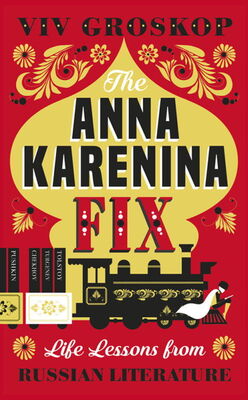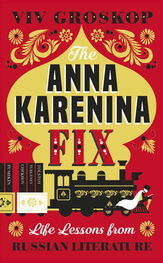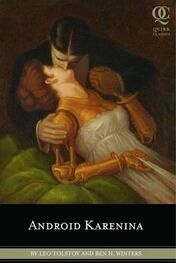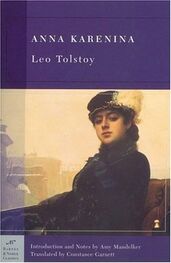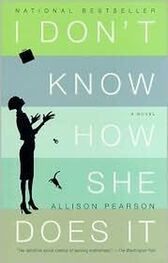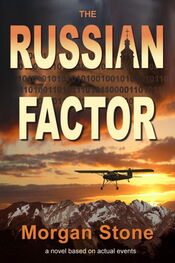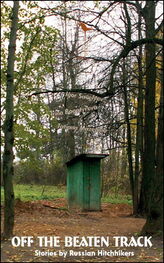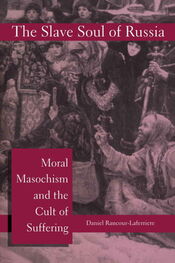I approached a re-reading of War and Peace from this new perspective of embracing imperfection. One of the most important things about the novel for anyone who hasn’t read it, and also for anyone who has tried to read it and supposedly ‘failed’, is to understand that to read this novel is not a one-off task. Reading it is the work of a lifetime. There’s no such thing as ‘failing’ to read War and Peace . You just haven’t got enough practice in yet. It’s essential to regard it rather like riding a bicycle. There will be a first time, when you wonder how anyone can ride a bicycle at all. There will be times when you ride the bicycle frequently and it seems like second nature. Maybe you will even feel like you are in the Tour de France. And there will be times when your bicycle-riding is so rusty that you wonder if it’s worth bothering with because you will probably cause an accident, resulting in physical damage, if not to yourself, then to others. The key is to keep getting back on the bicycle.
The reason this relaxed approach is so important is that War and Peace , perhaps more than any novel, has come to represent ‘Russian literature’. So the person who puts himself or herself off it for whatever reason (by insisting on a perfect, flawless reading experience, for example) risks putting themselves off not only Tolstoy’s work but the whole of Russian literature. Don’t think of War and Peace as a novel. Think of it as the Bible. You wouldn’t expect to sit down and read the Bible cover to cover, would you? And if there were bits of the Bible you found boring, you wouldn’t let it put you off reading it for ever, would you? And yet this is what people do all the time with War and Peace . (In fact, you might easily get put off reading the Bible. That comparison has collapsed rather too easily. Forget I said the Bible. It’s not like the Bible. It’s like a lot of novels mushed together.)
It has taken me years to realize all this. I didn’t read War and Peace properly (really properly) until I knew it was going to be on television. Of all the Russian books, it is the most daunting, the most intimidating and the most full of pages. So many pages. Despite my own passionately held belief that no one should ever be put off by any book ever, this one put me off for a long time. A first attempt suggested to me that there was just too much skirmishing. Seriously. The word ‘skirmish’ is on virtually every page. Plus, there are over five hundred characters. It’s meandering and, at times, confusing. Henry James categorized the classic novels of the nineteenth century as ‘large, loose, baggy monsters’. And War and Peace is the largest and the loosest and the baggiest monster of them all. James also called it ‘a fluid pudding’. In short, it is a bloated, blubbery Godzilla of a blancmange.
And yet. Isn’t the whole of life a wobbly Godzilla jelly? Isn’t life full of non sequiturs, unlikely coincidences, hundreds of characters who may or may not be significant? So much so that it could be argued that the structure of War and Peace is one of the most honest reflections of real life in literature. It’s sequential and chronological. It’s sometimes uneventful for ages and then suddenly far more eventful than you would like. Not everything that happens makes sense. There are many digressions. There are many surprises. There are few happy endings, and even the endings that are happy are complicated and hard-won. But if you can stick with it and sit through the dull bits and find people to champion and elements that you’re passionate about, it is a strange and wonderful thing. (You see? I could be talking about War and Peace . Or I could be talking about life. So clever. Not me. Tolstoy.)
The great challenge of War and Peace is not only to extract the lessons from the stories and characters in the novel – enjoy every sunrise and sunset; know who your friends are; beware the folly of youth; have faith in your own future; be kind and humble – it’s to find the lesson about yourself as a reader which is revealed in how you tackle the process of reading it. Again, like life itself, it seems insurmountable. Sometimes, it seems pointless. Other times, it makes no sense at all. And yet, if you can be patient and kind to yourself, it will slowly open up to you. The trick is to go at it at your own pace and patiently let it go when it’s not working. You can always return to it. The novelist Philip Hensher, who has written beautifully of his intense lifelong love for War and Peace , suggests that, when you’re really into it, it can be read in ten days. I think this is realistic. But it does depend on being really into it. And that is not always easy.
War and Peace started out as a novel called ‘The Decembrists’ and, at one point, Tolstoy considered calling it ‘All’s Well That Ends Well’. (I know War and Peace is not the most imaginative title. But, really. It could have been a lot worse.) He began the novel in 1863, a year after his marriage to Sofya Andreyevna. It was written over six years, at, arguably, one of the happiest times of Tolstoy’s life. The four children born during this period all lived to a ripe old age. This was a very different man to the one who wrote Anna Karenina . The year he started that novel, they lost a child for the first time. Two more babies died over the next three years. I don’t want to make too much of this, as I know that in the olden days infant mortality was more common than it is nowadays. But it doesn’t seem outlandish to suggest that a man who was already deeply moved by life and its injustices could be profoundly affected by the death of three children in a row. No wonder, by the time he had finished writing Anna Karenina , he had a growing obsession with religion and death and had written of his desire to commit suicide. During the writing of War and Peace , though, which is the purest expression of Tolstoy’s most positive philosophies of life, all this was yet to come.
I’m not sure it’s wise for anyone to attempt a synopsis of War and Peace . But we’ve come this far and, in the circumstances, it seems rude not to. The novel opens in the salons of St Petersburg in 1805, where the talk is of an impending war with France. Pierre Bezukhov, the son of a dying count, is finding it hard to integrate into high society, having returned from his education abroad. He is disillusioned. He finds everyone pretentious. His friend Prince Andrei Bolkonsky is married to pregnant society beauty Liza. He is also disillusioned. And he finds his wife pretentious. Prince Andrei is soon to head off for war, leaving his lightly but attractively mustachioed wife with his grumpy father and religious-fanatic sister, Maria.
Meanwhile, in Moscow, the Rostov family, typically for some aristocrats of the time, have overstretched themselves financially and hope desperately for salvation through the marriage of one of their four children, ideally their son Nikolai, who is about to join the army. Their daughter Natasha is in love with Boris Drubetskoy, who is also about to join the army. Inconveniently, Sonya, an orphaned cousin raised by the family, is in love with Nikolai. He loves her back, which is bad because she has no dowry. Poor Sonya.
Nikolai goes off to war and comes back with the dashing officer Denisov, who proposes to Natasha and is rebuffed. Pierre’s father dies and, suddenly, Pierre is a wealthy heir and the toast of society. He is persuaded into marrying Hélène, the bitchy and corrupt (but very beautiful) daughter of Prince Kuragin. Dolokhov (a friend of Denisov) is one of Hélène’s lovers, and Pierre duels with him, with Dolokhov ending up wounded. Pierre is traumatized by this incident and disappears off to travel and join the Freemasons. (I know. Don’t overthink it.)
Читать дальше